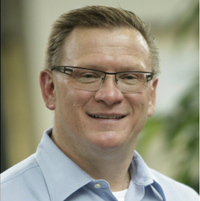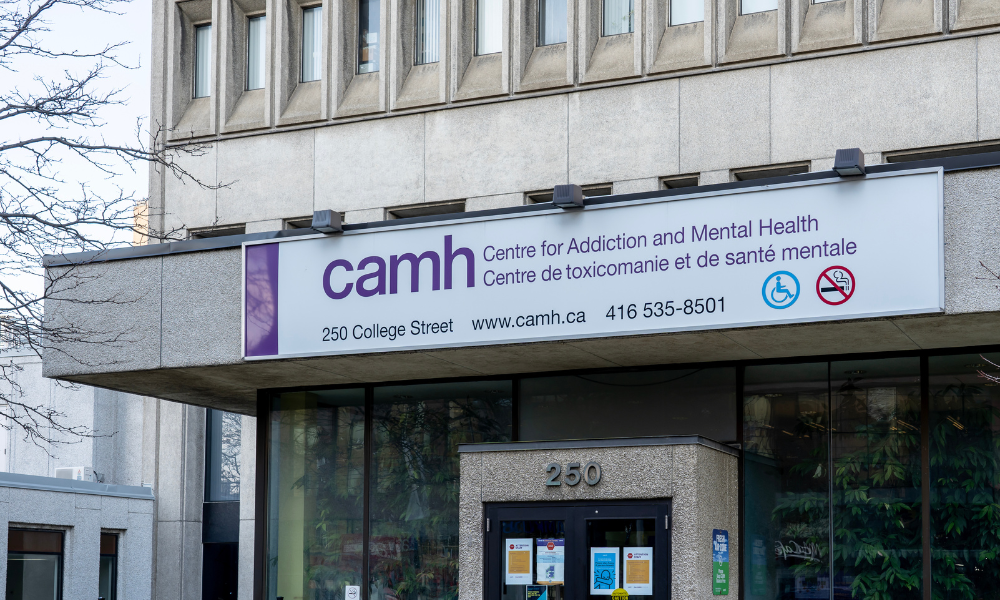Glyn Jones, partner at EHS Partnerships, explains how to upgrade your hard skills and your soft skills to further your career in the occupational health and safety field

Today’s workplace is very competitive. How do you get recognized for that safety promotion? Maybe you are a safety advisor who wants the safety manager’s job. Maybe you are aiming higher to be the next vice president of safety. How do you get ahead in the safety world? What are the key skills needed for future success in the field of occupational health and safety? If you seek to better yourself and advance your career and you are not sure what it takes, read on!
When thinking about professional development, most people think that continuing to build their hard skills repertoire is the way to go. Hard skills are related to specific technical knowledge and training. They may include being able to complete specific jobs or tasks or obtaining specific credentials or designations. Everyone, it seems, wants to take that next course on high-angle rescue or advanced-incident investigation. In reality, a mix of hard and soft skills is what is needed for long-term career development and success. Soft skills are personality traits or behaviours such as leadership, communication or time management. They are the type of skills that it takes years to develop.
Soft skills are essential to your career advancement and during your search for jobs. Soft skills are necessary to create a positive and functional work environment. For this reason, employers often seek individuals who possess proven soft and hard skills. In many job descriptions and corporate position descriptions, it is common to see a skills listing that includes hard skills and soft skills. In fact, some employers may prefer to select candidates who have a stronger set of soft skills over hard skills, because soft skills are at times more difficult to develop. If you want to get ahead in the field of occupational health and safety, do not overlook soft skills development. Soft skills are core competencies, are not optional and typically include:
- Strong leadership skills — a team builder, motivator, collaborator, mentor and coach;
- Masterful communication including excellent oration, verbal, interpersonal and writing skills;
- Ability to build brand and goodwill, engage stakeholders and manage relationships throughout the system;
- Highly developed analytical skills and the ability to provide sound recommendations based on the outcome of analysis;
- Entrepreneurial spirit — negotiator, innovator, strategic thinker and leader; and
- Ability to work in a fast-moving and, at times, intense environment.
Discipline and careful planning are required to intentionally develop your soft skills and be ready to move up the organizational chart. You will need the right experience, advanced education, right certifications and the development of transferrable and leadership skills. There are project management and leadership development programs available in every centre. The University of Alberta has a four-course leadership development program as part of its “Executive Education” mandate. The University of New Brunswick has a new online Certificate in Advanced Safety Leadership program in which the choice and range of leadership development programming is quite broad. Royal Roads University offers a program that includes courses on mindful communication, difficult conversations and communication with clarity and impact. McGill’s continuing education department offers credit and professional development courses on effective public speaking, communication for results, conflict resolution and reading and writing for success. Regardless of where you live and work, programming is available to help you develop these essential soft skills.
Get the experience you need. Take on jobs and tasks based on the opportunity to be challenged, to learn and be mentored. Make sure you get a range of experience that is progressively more complex. Take time to differentiate yourself from others. Take on the extra project whenever possible. The senior people will take note, and this will lead to additional increasingly interesting opportunities that will help you develop. Look for volunteer roles at work, in the community or within your profession: They will allow you the opportunity to practice your leadership skills in a supportive and safe environment. Transferrable, soft skills development is hard and takes time. Step up and take the opportunity to get involved and start developing yourself now.
 Glyn Jones is a partner at EHS Partnerships in Calgary, and he is a consulting occupational health and safety professional with 30 years of experience. He also provides program design and instructional support to the University of New Brunswick’s OHS and leadership development certificate programs. He can be reached at [email protected] or you can follow him on Twitter @glynjones_ehsp.
Glyn Jones is a partner at EHS Partnerships in Calgary, and he is a consulting occupational health and safety professional with 30 years of experience. He also provides program design and instructional support to the University of New Brunswick’s OHS and leadership development certificate programs. He can be reached at [email protected] or you can follow him on Twitter @glynjones_ehsp.






